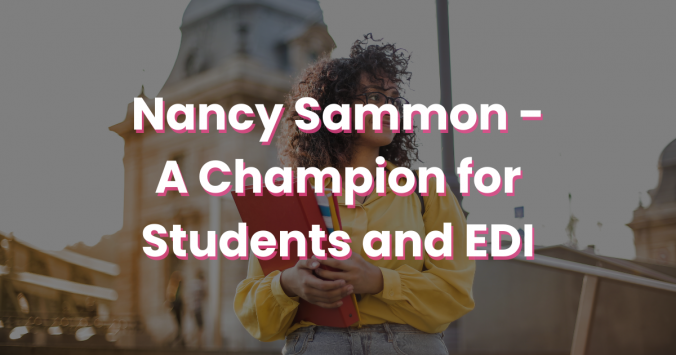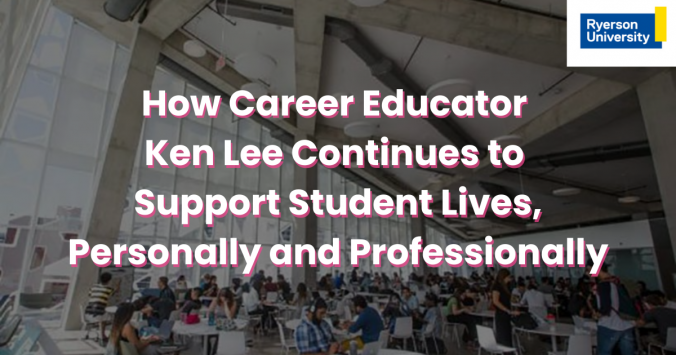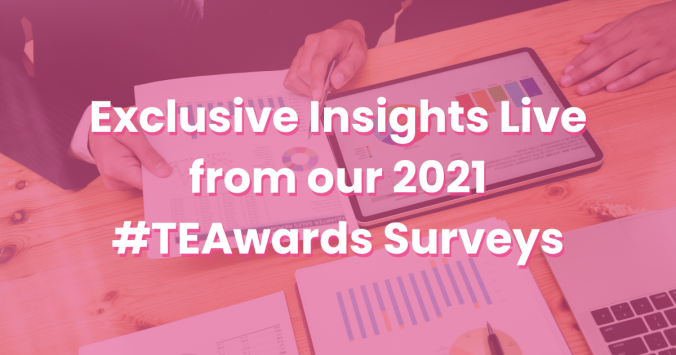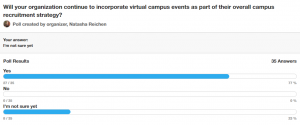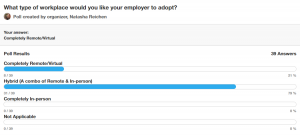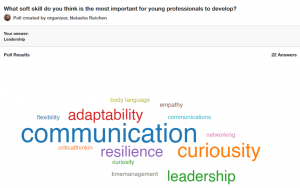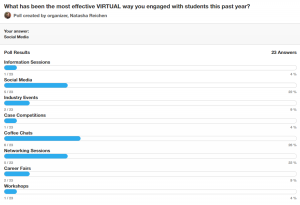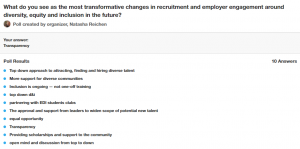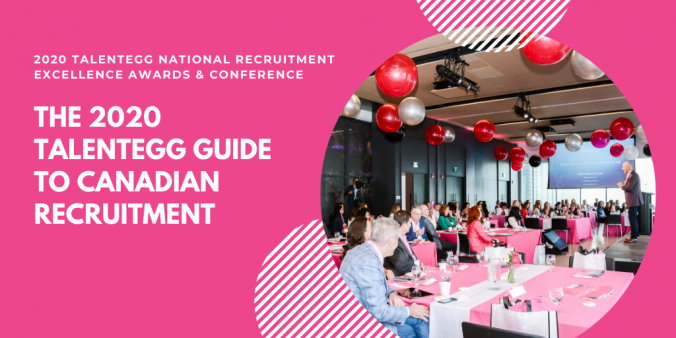For many students and recent grads, job hunting can be stressful and sometimes even intimidating. From resume and interview preparation, engaging employers in a virtual world, to finding a company whose values align with your own, it is no easy task to find the right opportunity for you.
As a Relationship Manager at the Smith School of Business, Queen’s University, Nancy supports her corporate partners and is a trusted advisor in effectively engaging with both undergraduate and graduate students on campus. She also ensures students feel comfortable, confident, and to be their true authentic self throughout the on-campus recruitment (OCR) process.
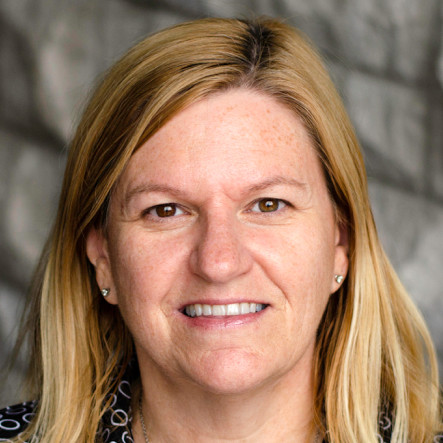
Q. Tell us a bit about yourself!
A. With over 30 years of experience and a recognized leader in employer branding and campus recruitment, I would say my passion is helping students make the transition from school to work.
Prior to joining the team at Smith, I was the Director of University Relations at TD Bank Group. I also held other key HR and talent acquisition roles across the organization throughout my career at TD.
I have also had the privilege of being an active contributor to the community of career educators and employers focused on the school to work transition. As my career has unfolded, I have become a bit of a knowledge keeper of best practices in the campus space and am excited to share these any chance I get and with anyone who will listen.
I really see myself as a connector of people, skills, knowledge, and ideas.
Q. Why did you decide to go into Career Education?
A. I saw an opportunity to leverage my expertise in campus recruitment to support a broader base of employers in making connections to and engaging with top talent.
I also used to hold sessions called “#NancysInTheHouse” when I was recruiting on campus to support diverse students in demystifying the career search and finding the right opportunity for them.
So, my role as a Relationship Manager was a natural extension of what I love to do and a solid entry point for me into the Career Advancement Center (CAC) at Smith. I am also a proud Queen’s alumni, so it felt like a really good fit when the opportunity presented itself.
Q. What is one of your greatest achievements so far in your work with students?
A. My greatest achievement would have to be the creation of a unique opportunity for our corporate partners to engage with the Equity, Diversity, Inclusion, and Indigenization (EDII) focused Student Clubs at the Smith School of Business. Since 2020, The CAC facilitates an annual Diversity Fair for over 100 employer representatives to diversify their talent pipeline directly connecting with the executives of our EDII clubs via lightning talks and dedicated networking lounges. What was truly amazing for me about this event was for student leaders to have their voices heard by employers and to see the wonderful engagement that this event enabled across the board.
Overall, the fairs have been a huge success based on the positive feedback from both our student leaders and corporate partners in attendance. Following the launch of these initiatives, our Career Advancement Center was honored to receive a number of awards from organizations like CIBC and the Canadian Association of Career Educators and Employers (CACEE) in recognition of this important work.
Q. What do you think students and employers need to understand when it comes to EDII?
A. From an Employer vantage point, they need to be really strategic in their EDII initiatives .It cannot be a once and done or a cookie cutter approach, they need to be thinking about how each community wants to be engaged. A big part of my role is supporting initiatives which help employers connect with diverse talent. A prime example would be our work in creating a best practices guide for employers in engaging with students from an EDII lens.
And, in supporting students, our work is about helping them to understand what EDII actually looks like in the workplace and providing resources such as mentoring, alumni connections, events, and other opportunities to do their research and find organizations that will embrace their authentic selves throughout their career.
Advice and Insights
Q. What do you think is the best way for employers to connect with and attract top students right now?
A. From my viewpoint, year-round engagement is critical. Whether it is info sessions, 1:1 coffee chats, alumni panels, attending industry nights, roundtables or the like, employers need to make their presence and opportunities known to students and recent grads. Their engagement needs to include diverse representation and perspectives, so students can see themselves reflected in their organizations.
In a virtual world, employers also need to be thinking about how they can support students to have their voices heard and in standing out as candidates. Consider smaller and more niche events as a part of your recruitment strategy versus solely focussing on large events. Now, more than ever, it is important to engage partners like Career Centres and TalentEgg in your campus strategy to help build your brand amongst students and reach the top talent you need to drive your organization forward!
About Nancy
Nancy is a Relationship Manager and Career Connector who has over 30 years of experience in the campus recruitment space. She is passionate about bridging the gap between school-to-work for students, as well as helping maintain a strong connection between employers and diversity clubs on campus. Connect with Nancy on LinkedIn https://www.linkedin.com/in/nancymoulday/ and visit https://smith.queensu.ca/recruiting/index.php to learn more about the Smith School of Business, Queen’s University and services of the Career Advancement Centre.
